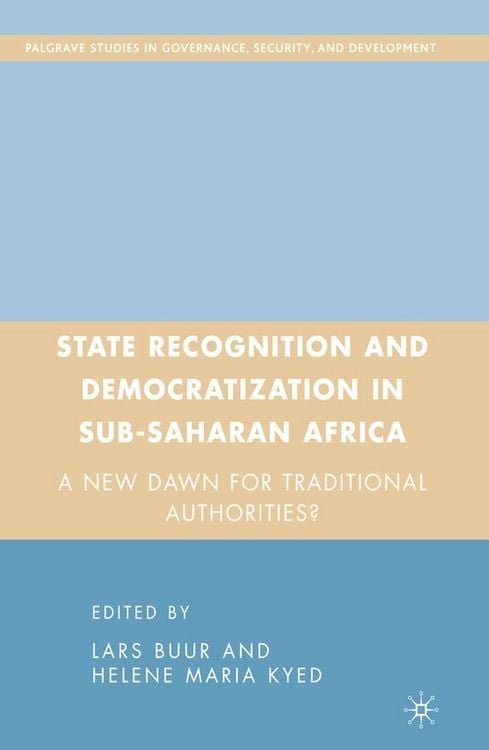
State Recognition and Democratization in Sub-Saharan Africa A New Dawn for Traditional Authorities?
-
- Hardcover
- Taschenbuch
- eBook ausgewählt
-
Form:Einzelkauf Download
-
Sprache:Englisch
53,49 €
inkl. MwStBeschreibung
Details
Format
Kopierschutz
Nein
Family Sharing
Nein
Text-to-Speech
Nein
Erscheinungsdatum
26.11.2007
Verlag
Palgrave Macmillan USSeitenzahl
241 (Printausgabe)
Dateigröße
1220 KB
Auflage
2007
Sprache
Englisch
EAN
9780230609716
Weitere Bände von Governance, Security and Development
-
Polarity in International Relations von Nina Græger

Nina Græger
Polarity in International RelationseBook
117,69 €
-
Order, Contestation and Ontological Security-Seeking in the South China Sea von Anisa Heritage

Anisa Heritage
Order, Contestation and Ontological Security-Seeking in the South China SeaeBook
90,94 €
-
Great Powers, Weak States, and Insurgency von Patrick W. Quirk
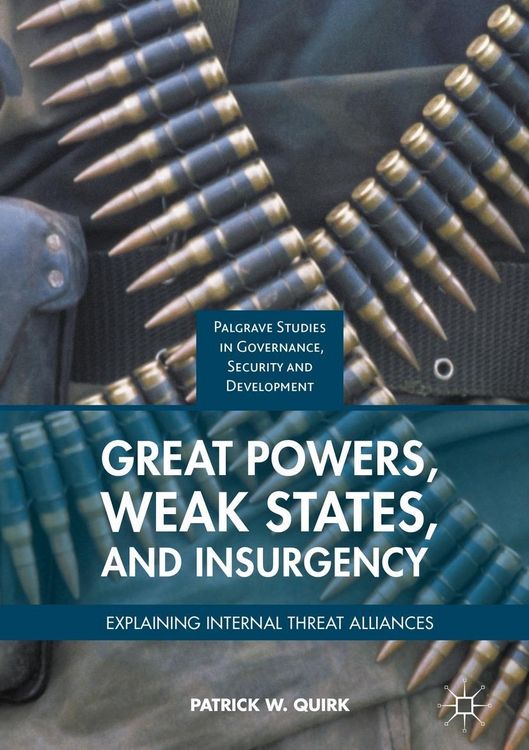
Patrick W. Quirk
Great Powers, Weak States, and InsurgencyeBook
34,99 €
-
Aid Impact and Poverty Reduction von S. Folke
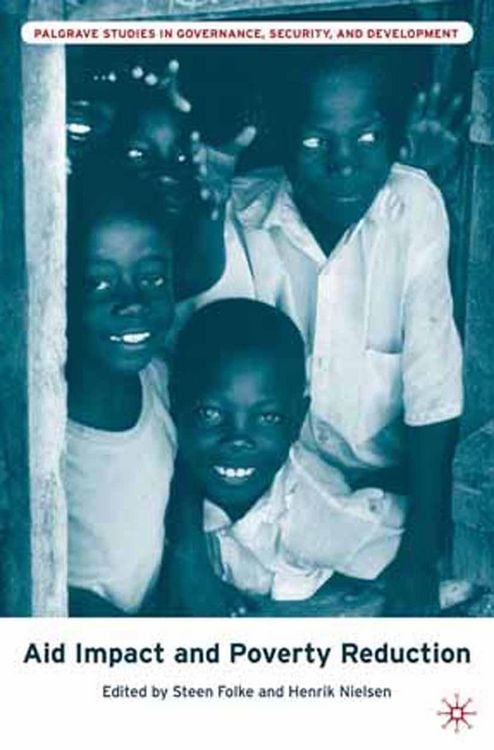
S. Folke
Aid Impact and Poverty ReductioneBook
53,49 €
-
Strategy in NATO von Liselotte Odgaard

Liselotte Odgaard
Strategy in NATOeBook
53,49 €
-
A Thorn in Transatlantic Relations von M. Hampton
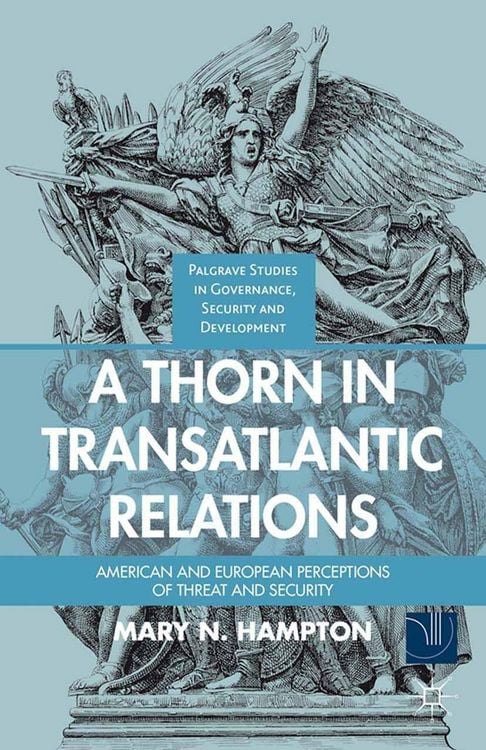
M. Hampton
A Thorn in Transatlantic RelationseBook
53,49 €
-
Rethinking Popular Representation von O. Törnquist
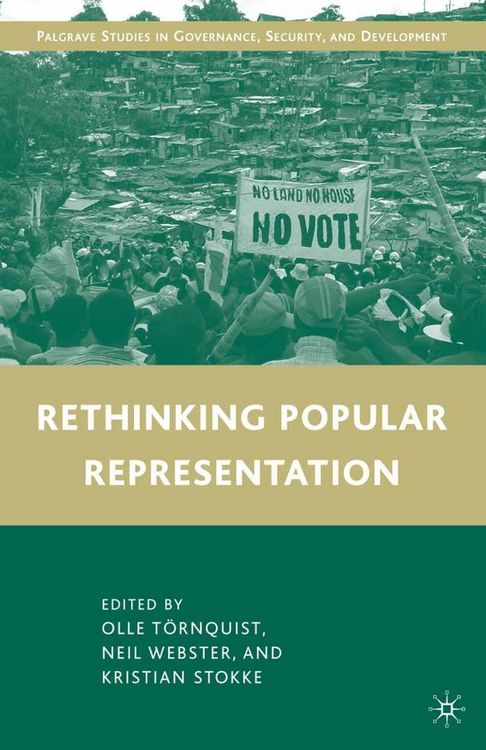
O. Törnquist
Rethinking Popular RepresentationeBook
53,49 €
-
Sovereignty Games von R. Adler-Nissen

R. Adler-Nissen
Sovereignty GameseBook
96,29 €
-
Religion, Politics, and Turkey's EU Accession von D. Jung
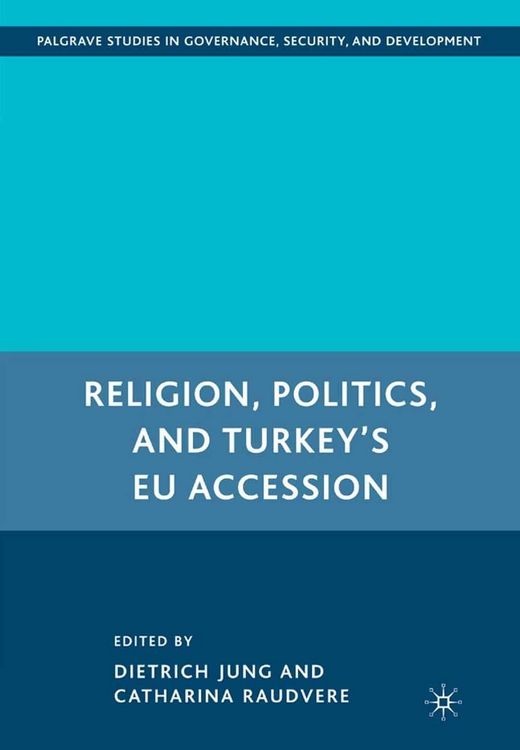
D. Jung
Religion, Politics, and Turkey's EU AccessioneBook
53,49 €
-
State Recognition and Democratization in Sub-Saharan Africa von L. Buur

L. Buur
State Recognition and Democratization in Sub-Saharan AfricaeBook
53,49 €
-
Fragile States and Insecure People? von L. Andersen
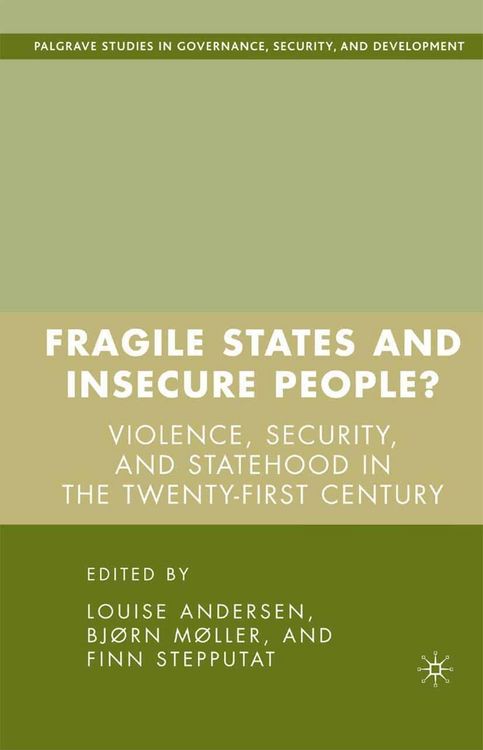
L. Andersen
Fragile States and Insecure People?eBook
53,49 €
-
Democratization and Development von D. Jung
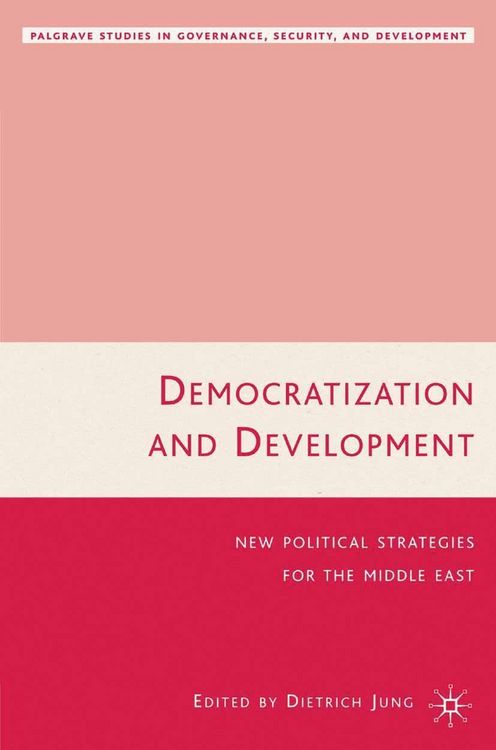
D. Jung
Democratization and DevelopmenteBook
53,49 €
Unsere Kundinnen und Kunden meinen
Verfassen Sie die erste Bewertung zu diesem Artikel
Helfen Sie anderen Kund*innen durch Ihre Meinung
Kurze Frage zu unserer Seite
Vielen Dank für dein Feedback
Wir nutzen dein Feedback, um unsere Produktseiten zu verbessern. Bitte habe Verständnis, dass wir dir keine Rückmeldung geben können. Falls du Kontakt mit uns aufnehmen möchtest, kannst du dich aber gerne an unseren Kund*innenservice wenden.
zum Kundenservice